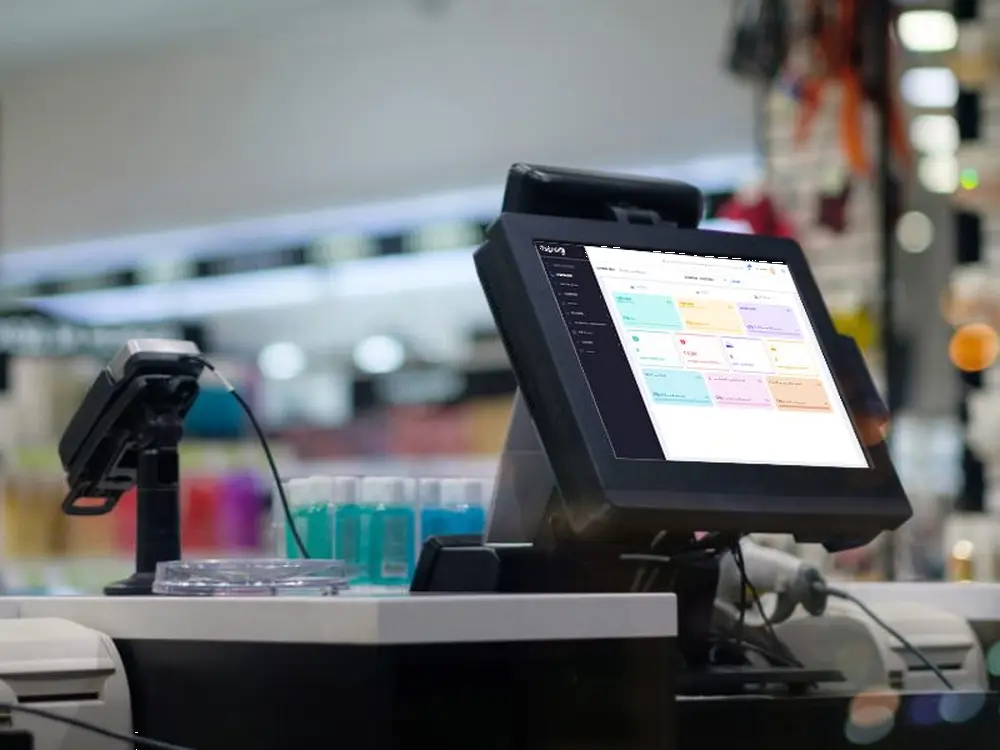Protect Your Business with Best Practices for POS Systems and Data Security
In the fast-paced world of business operations, the integration of advanced technology such as POS systems has become essential for efficient transactions. A Point of Sale (POS) system facilitates the processing of payments and transactions, streamlining the customer checkout experience. However, with the increasing use of POS systems, the importance of data security cannot be overstated. As businesses rely more on digital transactions, the risk of data breaches and cyberattacks also increases. POS systems store sensitive information such as credit card details, personal information, and transaction history, making them a prime target for hackers. A security breach not only jeopardizes customer trust and loyalty but also puts the organization at risk of financial losses and reputational damage.
To prevent data breaches and protect customer information, businesses must implement robust security measures when using POS systems. This includes encrypting payment data, implementing multi-factor authentication, regularly updating software, and conducting security audits to identify vulnerabilities.
Training employees on best practices for data security and enforcing strict access controls can also help mitigate the risk of unauthorized access to POS systems. It is crucial for businesses to stay informed about emerging threats and compliance regulations to ensure they are taking the necessary steps to safeguard customer data.
Investing in cybersecurity solutions, such as firewall protection, intrusion detection systems, and malware prevention tools, can further enhance the security of POS systems. By prioritizing data security, businesses can build trust with customers, protect their reputation, and minimize the risk of financial losses due to cyberattacks.
What are POS Systems and Why Data Security is Crucial?
POS systems play a pivotal role in retail operations by handling payment transactions and tracking inventory. Ensuring the security of data within these systems is paramount for maintaining the trust of customers and the integrity of your business. Any breach of sensitive customer data can have significant repercussions on your business reputation and financial stability.
A data breach in your POS system can expose critical information such as credit card numbers and personal details, leading to severe consequences for both your customers and your business.
To mitigate such risks, implementing security measures for POS transactions is imperative. Measures like encryption methods and two-factor authentication can provide layers of protection against unauthorized access and data breaches.
Best Practices for Ensuring POS Security
One of the fundamental steps towards ensuring POS security is compliance with industry standards like the Payment Card Industry Data Security Standard (PCI DSS). Adhering to these standards enhances the security of payment card data and instills trust among customers.
Utilizing encryption methods is another best practice for safeguarding sensitive data transmitted during transactions. Encryption helps to encode data, making it unreadable to unauthorized parties and adding a crucial layer of security to your POS system.
Moreover, incorporating two-factor authentication provides an extra level of security by requiring users to verify their identity with two different authentication factors before accessing the system, thus reducing the risk of unauthorized access.
Steps to Protect Your Business from Malware and Unauthorized Access
Identifying potential vulnerabilities in POS devices is essential to fortifying your system against cyber threats. Regularly assessing and addressing these vulnerabilities can prevent attackers from exploiting weaknesses in your POS infrastructure.
Safeguarding against phishing attacks is crucial, as cybercriminals often use deceptive tactics to gain access to sensitive information. Educating employees about recognizing and avoiding phishing attempts can significantly strengthen your defense against such threats.
Enhancing access control mechanisms within your POS system can help prevent unauthorized entry and restrict access to sensitive data. Implementing stringent access controls ensures that only authorized personnel have the appropriate permissions to handle POS transactions.
Regular Updates and Maintenance for Secure POS Systems
Regular system updates play a key role in maintaining the security of your POS infrastructure. These updates often include security patches and enhancements that address newly identified vulnerabilities, ensuring that your system is equipped to combat evolving threats.
Physical security measures for POS devices and terminals are equally crucial. Implementing security features such as locks and surveillance can deter unauthorized physical access to your systems, safeguarding them from tampering or theft.
Authentication mechanisms, including strong passwords and user verification protocols, are vital for protecting your business from data breaches and hackers. By implementing robust authentication practices, you can control access to sensitive data and prevent security breaches that may disrupt your business operations.


